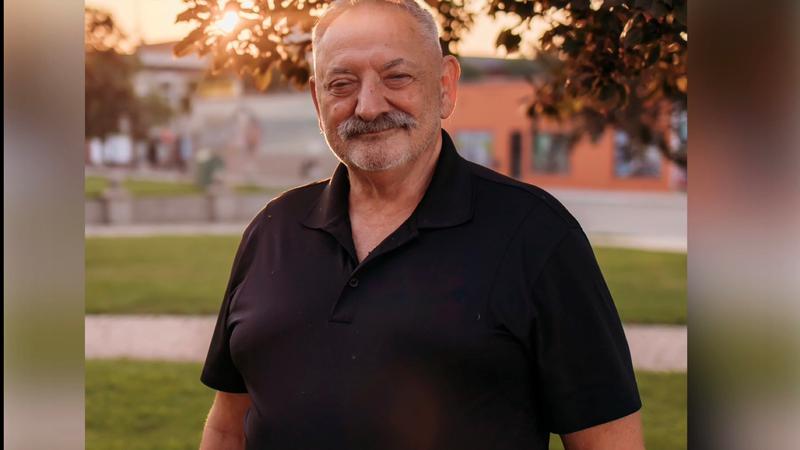
Pronoun bill opponents decry lack of consultation
With just a few more hours left before debate finishes on the pronoun legislation in Saskatchewan, opposition to the bill wasn’t finished Thursday morning.
A group of Indigenous leaders and teens watched from the gallery as MLAs once again argued over the policy in the Assembly.
Tyler George, Saskatchewan’s two-spirit representative to the Assembly of First Nations (AFN) and a headperson with the Ochapowace First Nation, said the government hadn’t reached out to the two-spirit community or First Nations groups like the Federation of Sovereign Indigenous Nations (FSIN) or AFN to consult on the bill.
“(Government members) continue to say, ‘We’ve consulted tens of thousands of people, of parents,’ but you’re not consulting people who this actually affects,” said George.


